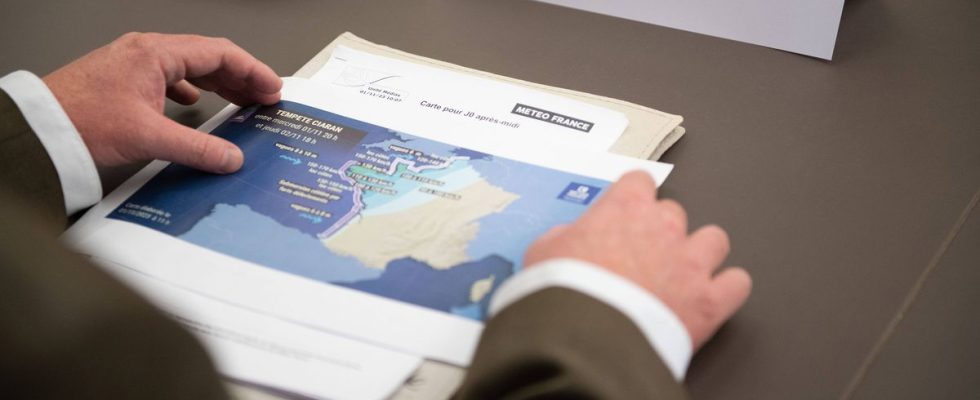We have all experienced it during the Covid health crisis: it is better to be prepared to experience a crisis, whatever it may be, and to anticipate all possible scenarios. In addition to the traditional “Prevention is better than cure” in politics, there is the maxim “To govern is to plan”. In Paris, this is the role of deputy Pénélope Komitès, who is working on overhauling the city’s resilience strategy, but not alone: for this, she wanted to involve Parisians through large-scale public meetings and an online consultation, open from this Monday, November 27 on decider.paris.frand 20 minutes reveals you.
Until December 21, residents are encouraged to reflect on five themes, all centered on this notion of resilience, namely, according to the definition used by Pénélope Komitès, “the capacity of people, communities, institutions within ‘a territory, to anticipate, to adapt, to show solidarity and to face crises’. “It’s important not to sit idly by to avoid having to deal with emergencies,” adds Pénélope Komitès, who in October organized a giant life-size simulation exercise of an extreme heatwave.
Do you know what a first aid kit should contain?
The first question revolves around “proximity solidarity within neighborhoods”. How to strengthen them? asks the town hall. We know from experience that social ties help in resolving crises, but in Paris as elsewhere, there are some holes in the racket. “At the time of the Covid crisis we realized that despite the files [Reflex] planned for the heatwave [fichiers permettant aux personnes souhaitant être contactées en cas de fortes chaleurs] a certain number of people were not listed. This is important because it ensures that no one is left behind on the side of the road, and it also allows for better daily life in your neighborhood,” explains Pénélope Komitès.
Another problem is that of the information given to populations. Hey, do you know for example what a first aid kit should contain? Have you planned one? And do you know what the basic minimum is to have at home to cope with a power outage that lasts three days? “A population that knows the risks to which its territory is exposed, knows where to get information in the event of a crisis and is prepared to react will be more able to overcome any type of crisis,” postulates the town hall, which invites volunteers to think about the ways to better “spread a culture of risk among Parisians. ne.s”. An emergency, according to number of commentators.
Paris has three days of food autonomy
“How can we strengthen the resilience of the Parisian economic fabric? »: this line of reflection is aimed more at traders, who we have seen to be real pillars during the Covid crisis. Both in terms of social ties, but also because they are relays of vital needs. Strengthening their resilience, according to Pénélope Komitès, means, for example, providing them with training on cyberattacks, or imagining places where generators could be shared in the event of a widespread power outage. And it is also asking them to participate in general resilience, for example by opening their door in the event of a heatwave, or by distributing bottles of water along the way in the event of a peak of 50 degrees.
One of the last areas concerns food security. You may not have known it, but the food autonomy of the Parisian territory is estimated at around three days, no more. When the goods no longer come in, what do we do? Where are the largest food stores and how can we access them if the roads and rivers were cut?
Become better informed, but without becoming eco-anxious
“No, there is no current threat,” Pénélope Komitès reassures. Because these thoughts could be enough to make some of us eco-anxious. Precisely, you are also invited to think about this, even if today, we do not know very well how many Parisians are subject to the phenomenon and what scale it has. The resilience assistant is fortunately not affected by this pathology which can sometimes prevent certain people from working – “No! At my age ! » she said, laughing. But Pénélope Komitès admits to being more concerned since she became a grandmother.
The best-known example of eco-anxiety is undoubtedly that of Greta Thunberg, who went through a period of depression at age 11 that had “a lot to do with the environmental situation.” To combat it, she has become the muse of a youth who would like to see the world change before it is too late.

